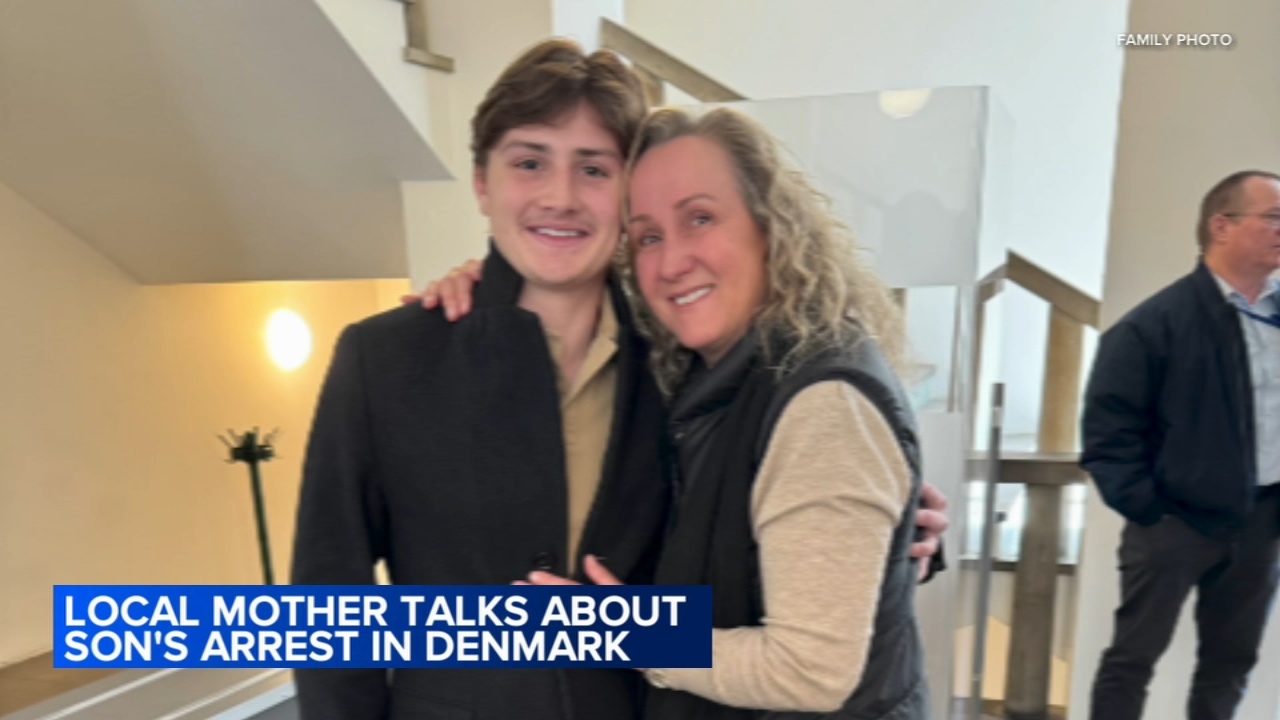Highland Park Hospital employees recount emergency response one year after July 4th parade shooting

HIGHLAND PARK, Ill. (WLS) -- As the one-year anniversary of the Highland Park Fourth of July parade shooting approaches, those who helped save lives that day are reflecting on how they were able to put their emergency response training to work.
A month into his new job as Highland Park Hospital's Emergency Room Clinical Nurse Manager, James Thompson was about to enjoy a holiday breakfast with his family when he got a call about a mass shooting. Thompson immediately headed to the hospital
"We had penetrating trauma from gunshot wounds, falls, people having anxiety," Thompson said. "You name it, we saw it that day."
Close to 30 patients were treated at the North suburban hospital. People were being triaged in the ER waiting room. Despite the chaotic scene, Sarah Farley, Manager of Emergency Preparedness for the NorthShore University Healthcare System, said it was organized and calm.
RELATED | Highland Park parade shooting: City council discusses plans for permanent memorial honoring victims
"Because we have practiced, drilled, trained and exercised, everybody knew their role and so it was muscle memory," Farley said.
She said watching the doctors, nurses and staff put into practice exactly what they learned from mass casualty exercises is one of the things she will never forget as Highland Park gets ready to mark one year since the Fourth of July parade shooting.
"We always had a robust emergency preparedness system here at NorthShore, but now that people have lived it they see the value in it," Farley said.
She said there were more than enough doctors and nurses to handle the volume of injuries. Many of them lived nearby or were attending the parade. Farley believes having so many personnel get to the hospital so quickly helped save lives.
"Everybody wanted to help," Farley said. "Everybody wanted to pitch in."
RELATED | Highland Park Strong Half-Marathon honors parade shooting victims
Thompson said his training kicked in immediately. He never stopped to think about how tragic the event was until later on.
"We were able to compartmentalize at that moment, but at some point we have to deal with these emotions, and usually it may not show up for days, weeks or years," Thompson said.
He said the emotion of the tragedy hit him on his way home that day when he was alone in his car.
Even before last year's shooting, Highland Park Hospital had a Rise Team in place to help doctors and nurses deal with the emotional part of their job. The Rise Team plans to be on site more frequently throughout the week of July Fourth.











